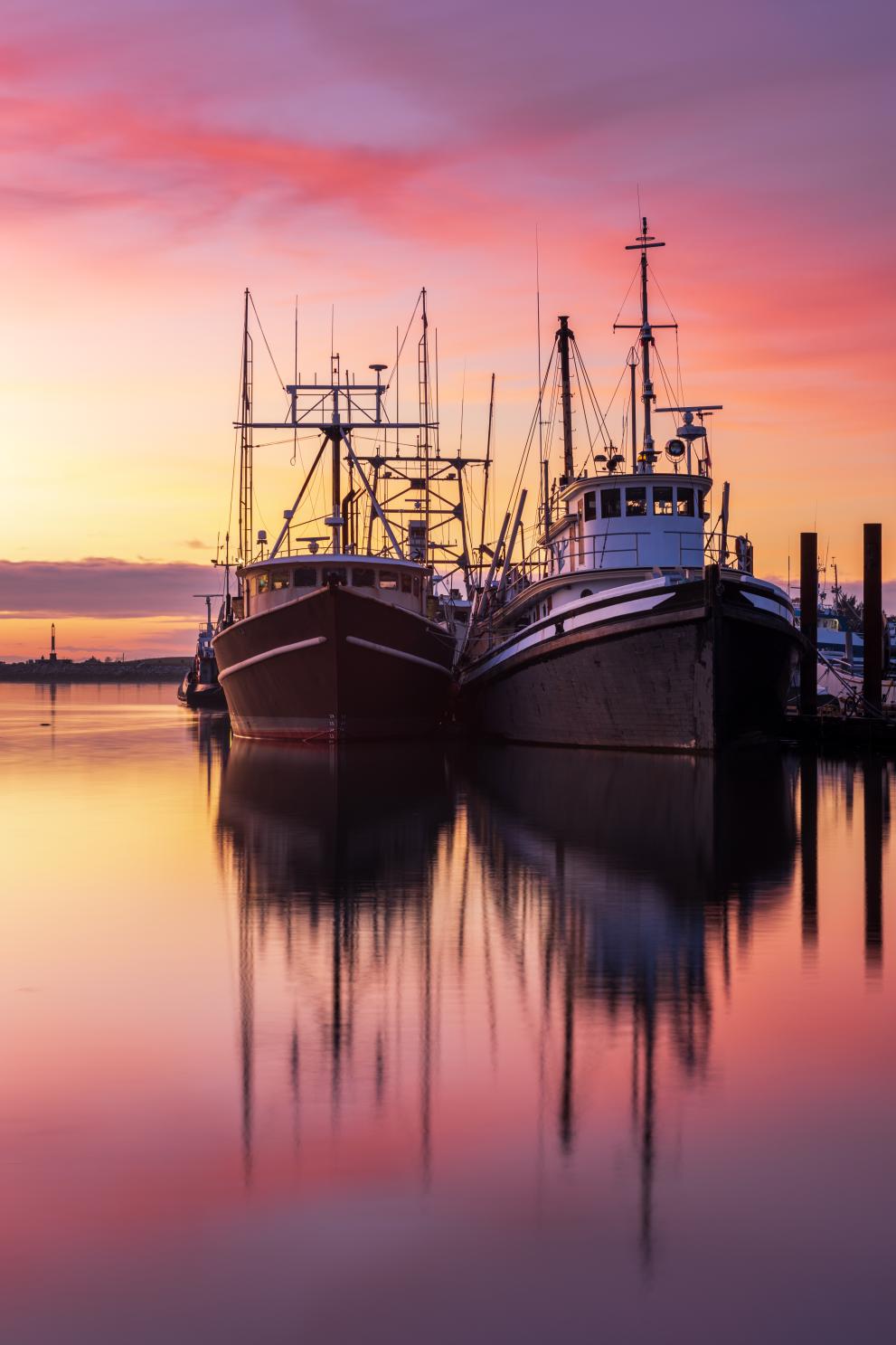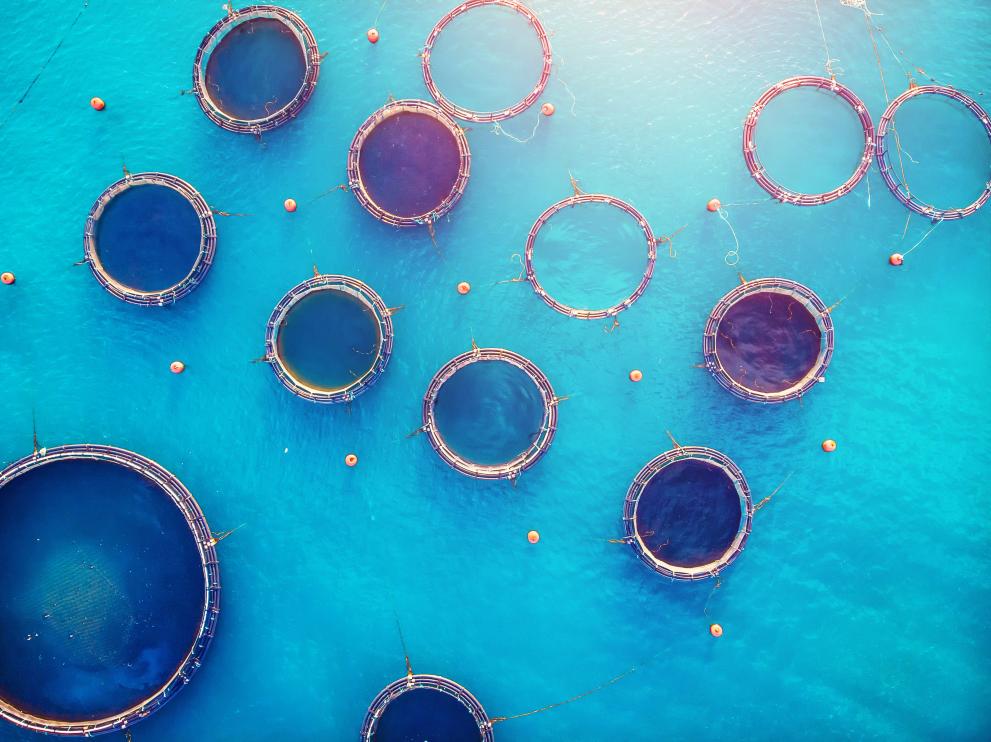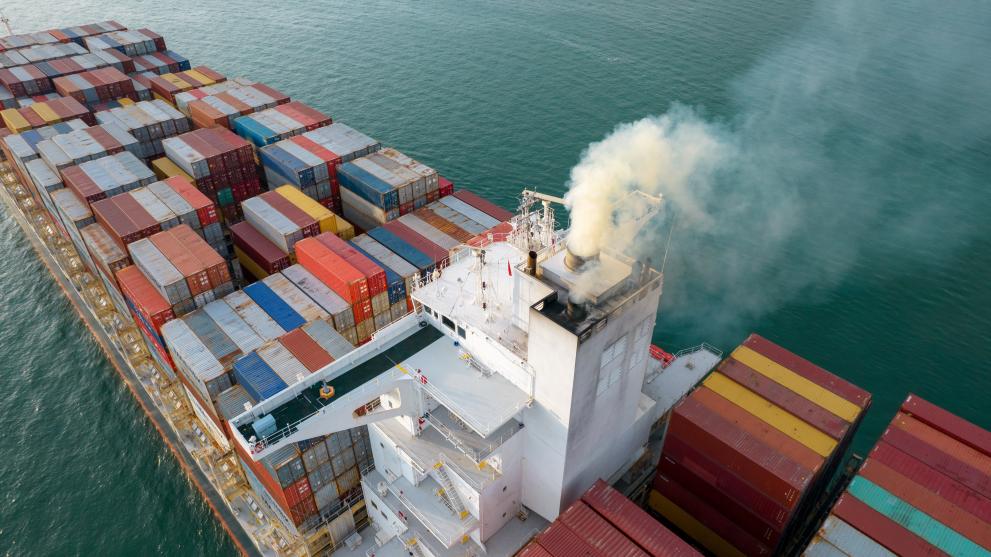The European Green Deal (EGD) calls for a transition towards a modern, resource-efficient and competitive economy where net greenhouse gas (GHG) emissions are gradually phased out by 2050. In the trajectory towards EU climate neutrality, the Commission aims to reduce net GHG emissions by at least 55% by 2030. This long-term strategy sets out a comprehensive package of measures ranging from ambitious GHG emission reductions, to cutting-edge research and innovation for the development of low carbon technologies, to the preservation of Europe’s natural environment.
In this context, a sustainable Blue Economy offers many solutions to achieve the EGD objectives. However, this requires current activities, technologies and processes to reduce their carbon footprint. In contrast,climate neutral activities and technologies need to play a central role in the EU Blue Economy.
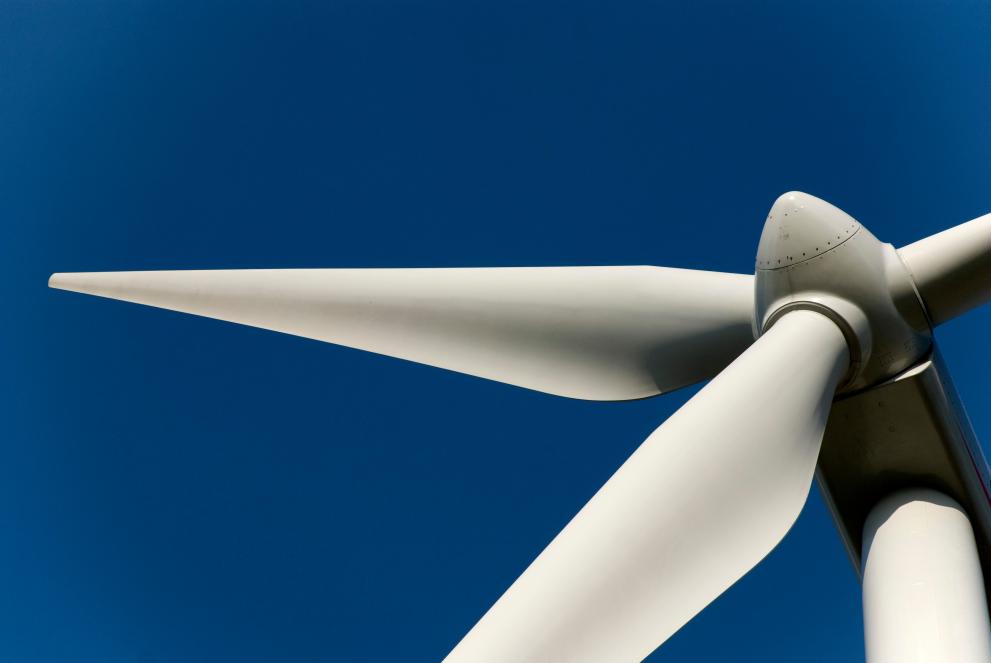
The transition from high-carbon to low-carbon energy sources is crucial for the sustainable development of a blue economy. Producing clean, renewable energy is critical to this worldwide energy transition.
Since the EU – including its outlying regions – has the world’s largest maritime territory, offshore wind energy will be a significant part of this change, along with energy from waves, tides, salinity gradient, and biomass (algae). Marine renewables are expected to become one of the main sources of energy, as highlighted in the EU Renewable Energy Directive.
The energy transition is also critical in the fisheries and aquaculture sector. The spiking energy prices caused by the start of the war in Ukraine, on the 24th of February 2022, have been putting the profitability of the sector under pressure due to a current heavy reliance on fossil fuels.
The successful reduction of emissions from the Maritime transport sector requires not only appropriate regulatory and non-regulatory incentives, R&I and an investment-friendly environment for the sector but also other technical considerations. Innovative engineering solutions, for example, are needed to consider how ships are fuelled, designed and built, as well as how they interact with ports while keeping the EU Maritime transport sector competitive.
The EU is working on the revision of its climate, energy and transport-related legislation under the so-called 'Fit for 55 package' in order to align current laws with the 2030 and 2050 ambitions.
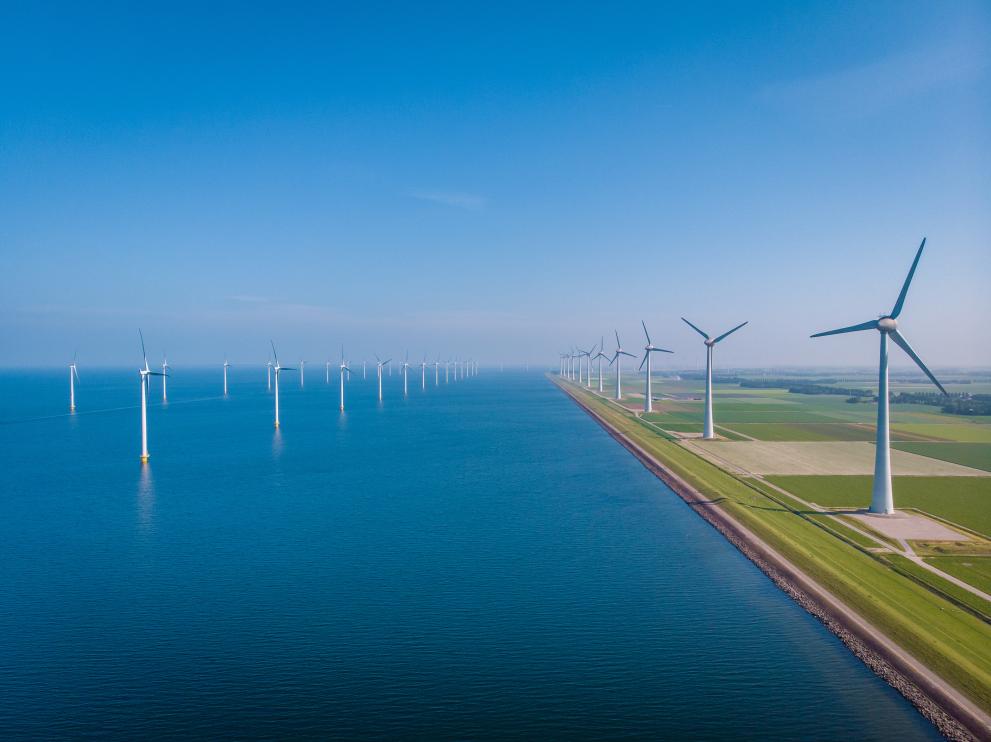
By improving the energy efficiency and adopting renewable and clean energy sources, the sector can become less dependent on fossil fuels and its volatile prices and further reduce the carbon footprint of aquatic foods.
To support the sector in this transition, the Commission adopted a Communication in February 2023 with an action plan to accelerate the energy transition in EU fisheries and aquaculture. It sets out a vision for a climate-neutral fisheries by 2050 and proposes 27 actions that can help to overcome the current barriers the sector is facing in stakeholder collaboration, financing, skills development and innovation. In this communication the European Commission has also announced the set up of the "Energy Transition Partnership in Fisheries and Aquaculture". More information about the ETP can be found HERE.

